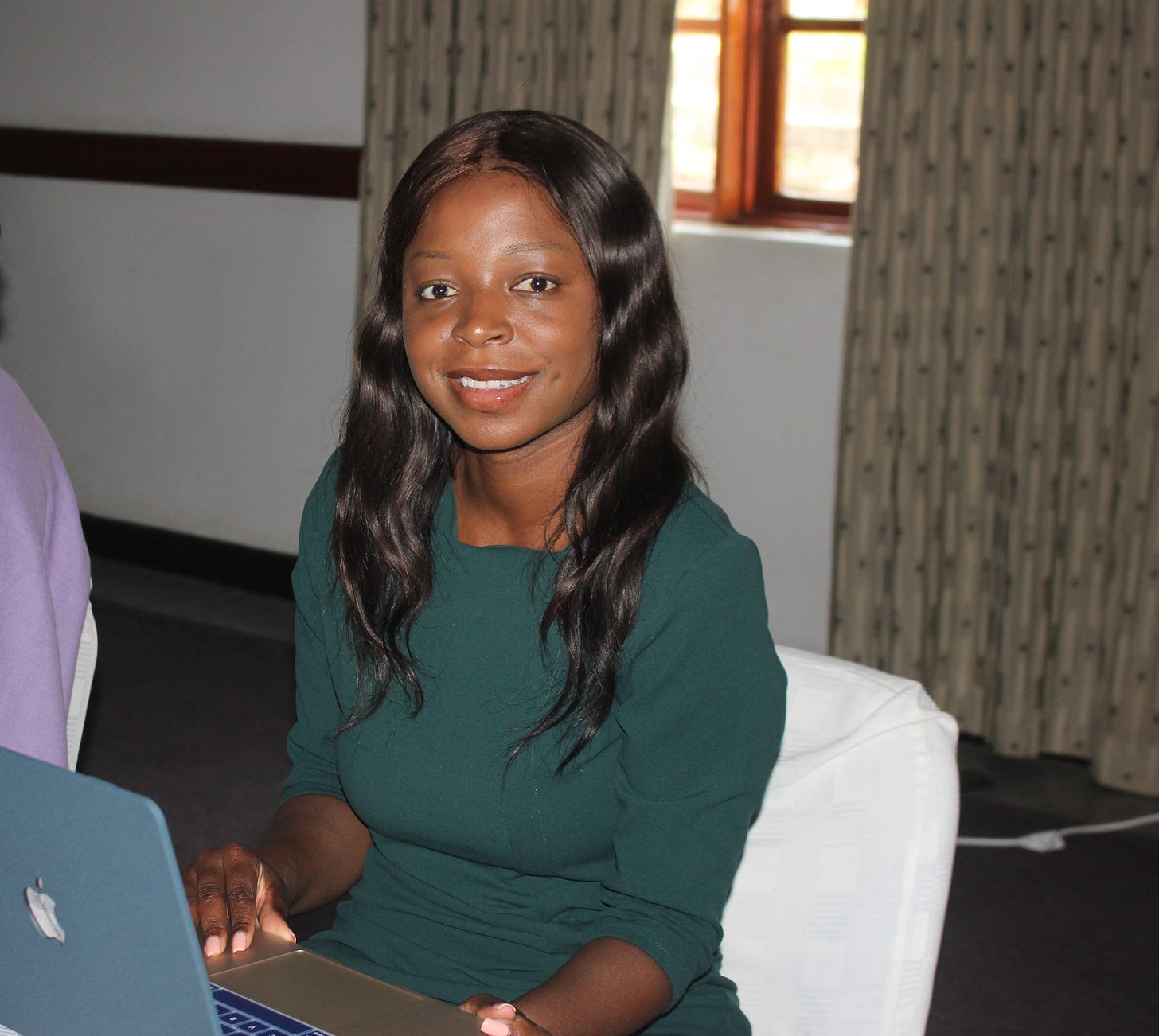Unsafe Abortion Cases Soar in Malawi, Prompting Calls for Legal Reform
National Police Spokesperson Peter Kalaya says during the first half of 2023, Malawi witnessed 10,585 cases of Gender-Based Violence, with 984 involving sexual violence.
LILONGWE, Malawi - On the occasion of the annual International Safe Abortion Day celebrated globally on September 28, Malawi faces a growing dilemma concerning unsafe abortions. Journalist Francis Tayanjah Phiri delves into the gravity of this issue.
Recent incidents, including the arrest of a pastor for allegedly sexually abusing and forcing a minor to procure an abortion, shed light on the gravity of this problem in the country.
The pastor, based in Kanengo on the outskirts of Lilongwe, was apprehended on charges of engaging in sexual activity with a minor and compelling her to undergo an abortion.
The controversy arose when the pastor provided money to the minor to terminate her pregnancy.
However, the procedure went awry, prompting him to rush the girl to the hospital without notifying her parents.
After two days of hospitalization and post-abortion care, a church member alerted the girl's parents, leading to their immediate report to the police and the subsequent arrest of the pastor.
Regrettably, this incident is not isolated.
Cases of sexual violence against minors and adults are on the rise, according to National Police Spokesperson Peter Kalaya.
“Most cases of defilement are perpetrated by male relations such as stepfathers, biological fathers, uncles and grandfathers. Some involve close people like neighbours and teachers,” he says.
Kalaya says during the first half of 2023, Malawi witnessed 10,585 cases of Gender-Based Violence, with 984 involving sexual violence.
Additionally, 713 cases of defilement were reported during the same period.
While courts deal with rape and defilement cases, the question of supporting women who become pregnant due to sexual violence remains contentious.
The Special Law Commission on the Review of Abortion Law has proposed that such women and girls should have the option to access safe abortion services in health facilities if they wish.
Some argue in favour of allowing women to terminate pregnancies resulting from rape or incest, while others oppose it, advocating for carrying such pregnancies to term.
Lawyer Yankho Mwandidya sheds light on the proposed law: "Even when the T.O.P Bill is enacted, abortion will not be performed on demand. It will only be provided to women who meet some criteria, including in cases of fetal malformation, rape, incest, and defilement as well as where it is necessary to do so to save the life of the pregnant woman."
She emphasizes that the Law Commission proposed that abortion remain illegal but expanded the exceptions under which it may be legally provided.
The grounds in the proposed law include: (a) when the continued pregnancy will endanger the life of the pregnant woman; (b) when termination is necessary to prevent injury to the physical or mental health of the pregnant woman; (c) when there is a severe malformation of the foetus, which will affect its viability or compatibility with life; and (d) when the pregnancy is a result of rape, incest, or defilement.
According to Mandidya, the review improved the application of Section 243 of the Penal Code, which currently only provides one exception for women to access legal and safe abortion – that is, a surgical operation performed in good faith to preserve the life of the pregnant woman.
“The situation emanating from how the law is framed and applied presently is what forces women to seek unsafe methods of abortions; and this leads to high maternal mortality, coupled with a burden on the state for post-abortal care,” explains Mwandidya.
Coalition for Prevention of Unsafe Abortion general secretary Dr Francis Makiya says several national studies on the magnitude of unsafe abortion in Malawi reveal a grim picture of the problem.
Dr. Makiya cites national studies: "There were over 67,000 cases of unsafe abortions in Malawi in 2009. Another nationwide research by the College of Medicine and Guttmacher Institute showed that over 141,000 unsafe abortions occurred in Malawi in 2015."
According to Makiya one of the key contributors of maternal deaths in Malawi is unsafe abortion.
Malawi is one of the countries with the highest maternal mortality rate as 439 women and girls per every 100,000 die due to pregnancy or child-birth related causes.
“For example, in the year 2015, Malawi registered over 141,000 induced abortion cases. True to that, 53 percent of the said pregnancies were unintended. It is also a fact that one out of every six pregnancies ends in abortions; while 60 percent of abortions resulted in complications that required treatment [according to the 2015 data],” he narrates, adding that the figures were so alarming, and lives of more women and girls were at risk because of induced abortions.
Brian Ligomeka, Executive Director of the Centre for Solutions Journalism (CSJ), commends the government's efforts to draft the Termination of Pregnancy Bill: "All over the world, law reform has demonstrated as an effective intervention for reducing and ending unsafe abortion. The government, through the Law Commission, needs to be commended for the decision to draft the Termination of Pregnancy Bill."
He urges lawmakers to expedite the enactment of the law: "Our worry is that our MPs dilly-dally when enacting women empowerment laws like the T.O.P Bill. We urgently need this law to save the lives of women and girls who die from unsafe abortions."
Dr. Makiya emphasizes that preventing unsafe abortions requires comprehensive sexuality education, effective contraception measures, and access to safe and legal abortion.
He concurred with Ligomeka that “the restrictive abortion law has not prevented women from procuring unsafe abortion in Malawi,” and hence focused attention to this problem is necessary to improve the health of Malawian women and families.
In most communities, the stigma surrounding abortion and the resistance against those advocating for safe abortion often result in the silent commemoration of International Safe Abortion Day.




